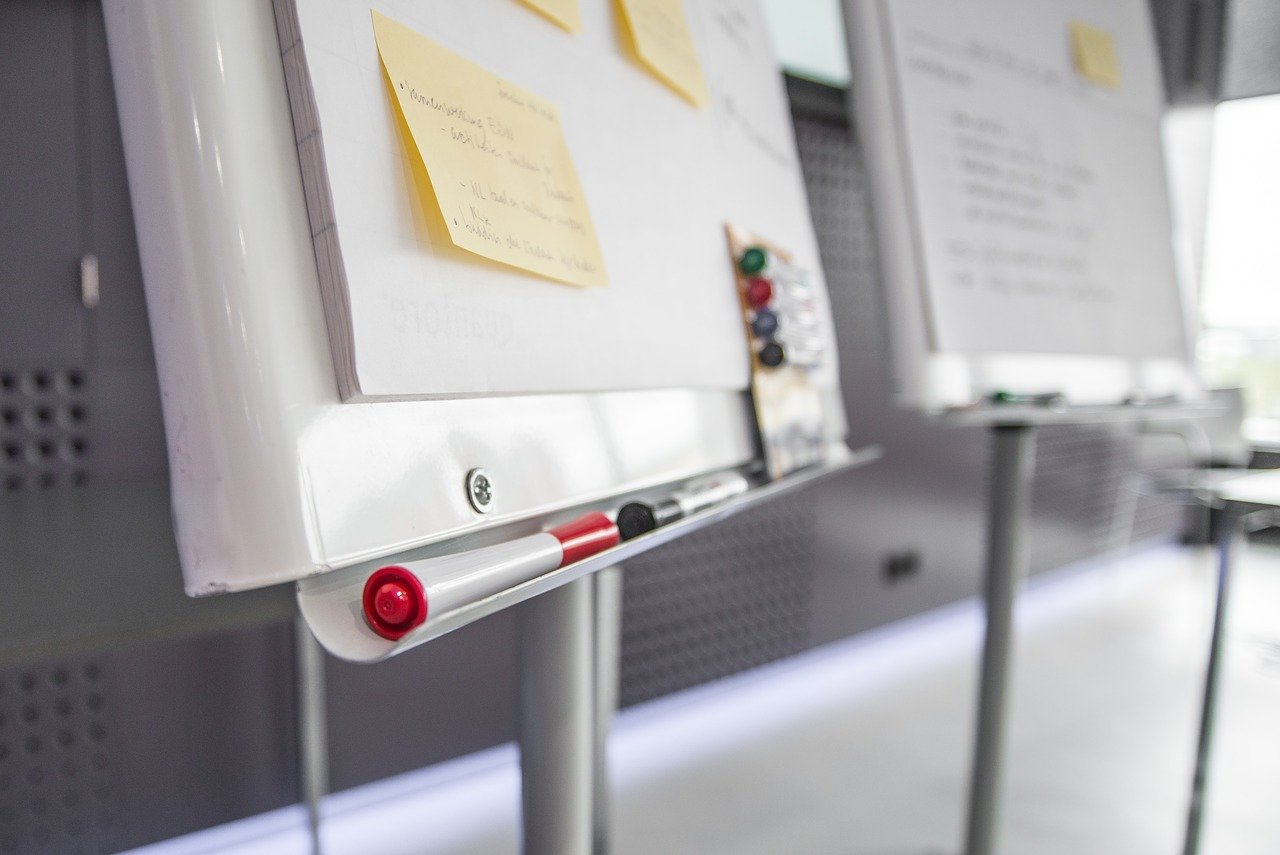Are you looking for hacks to help students who have trouble transitioning to the next learning experience? If so, keep reading.
1. Give the student a schedule of daily activities, so they will know that a learning experience comes next and can prepare for it.
2. Minimize the emphasis on competition (e.g., academic, or social). Fear of failure may cause the student to fail to adapt or modify their behavior in various situations.
3. Get the student to begin a learning experience in a private space (e.g., carrel, “office,” quiet study area, etc.) to lessen the difficulty in adapting or modifying their behavior to various situations.
4. Give the student the option of performing the learning experience at another time (e.g., earlier in the day, later in the day, another day, etc.).
5. Do not let the student begin a new learning experience until they have gained self-control.
6. Assess the appropriateness of the situation concerning the student’s capacity and ability to successfully adapt or modify their behavior.
7. Let the student know in advance when changes in their schedule will happen (e.g., a change from class time to break time, when reading class will begin, etc.).
8. Show the student that they should be happy with personal best effort rather than insisting on perfection.
9. Select a peer to work with the student to model changing from one learning experience to another without difficulty.
10. Get the student to question any directions, explanations, or instructions not grasped.
11. Assess the appropriateness of the task to ascertain (a) if the task is too easy, (b) if the task is too complicated, and (c) if the duration of time scheduled to finish the task is sufficient.
12. Connect with parents (e.g., notes home, phone calls, etc.) to disseminate information about the student’s progress. The parents may reinforce the student at home for changing learning activities without difficulty at school.
13. Draft an agreement with the student stipulating what behavior is required (e.g., putting learning materials away and getting ready for another learning experience) and which reinforcement will be implemented when the agreement has been met.
14. Praise the student for demonstrating acceptable behavior based on the duration of time the student can be successful. As the student shows success, slowly increase the duration of time required for reinforcement.
15. Praise those students in the classroom who change their behavior from one situation to another without difficulty.
16. Create classroom rules: • Complete every assignment. • Complete assignments quietly. • Remain in your seat. • Finish tasks. • Meet task expectations. Examine rules often. Praise students for following the rules.
17. Praise the student for changing their behavior from one situation to another without difficulty: (a) give the student a concrete reward (e.g., privileges such as leading the line, handing out learning materials, 10 minutes of free time, etc.) or (b) give the student an informal reward (e.g., praise, handshake, smile, etc.).
18. Converse with the student to explain (a) what the student is doing wrong (e.g., failing to stop one learning experience and begin another) and (b) what the student should be doing (e.g., changing from one learning experience to another).
14. Consider using a classroom management app. Click here to view a list of apps that we recommend.
15. Consider using Alexa to help you with classroom management. Click here to read an article that we wrote on the subject.
16. Click here to learn about six bonus strategies for challenging problem behaviors and mastering classroom management.





